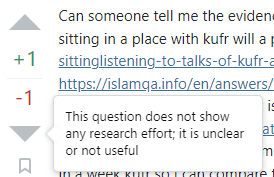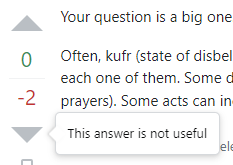The default reason for any downvote is right there in the tooltip:
- This question does not show any research effort; it is unclear or
not useful

- This answer is not useful

I can't speak for why any individual post received downvotes. What the community finds "useful" is super subjective. Admittedly, people can vote — up or down — for whatever reason they want, but I've so far seen no reason to believe there's problematic voting going on here.
A lot of users aren't keen to leave a comment unless they feel their comments will be acted on; constructive criticism is often ignored and problematic posts remain unfixed whether comments are left or not. This is especially common with new users, who will often prefer to argue over criticism rather than accept it; the fact that you're willing to assume bad faith on the part of the community and chalk your downvotes up to a "troll problem" is particularly telling.
If you are honestly interested in contributing to the community, it behooves you to take the time to actually demonstrate your value. To demonstrate not only that you can actually heed community feedback when and if it's provided to you, but also how you respond to that feedback (and remembering that downvotes are feedback in and of themselves). To demonstrate that you can provide quality content, and to continue to provide and improve your content over time.
There are countless examples of highly upvoted posts that can be used as references. Meta is full of useful discussions on how to write a good answer. Being useful is a skill like any other, and like any other skill it can be learned, practiced, and perfected. You can even ask clear and focused questions on Meta to help you improve, but ultimately this is your content, and you really can't rely on others to help you provide it. There won't always be someone there to hold your hand.


